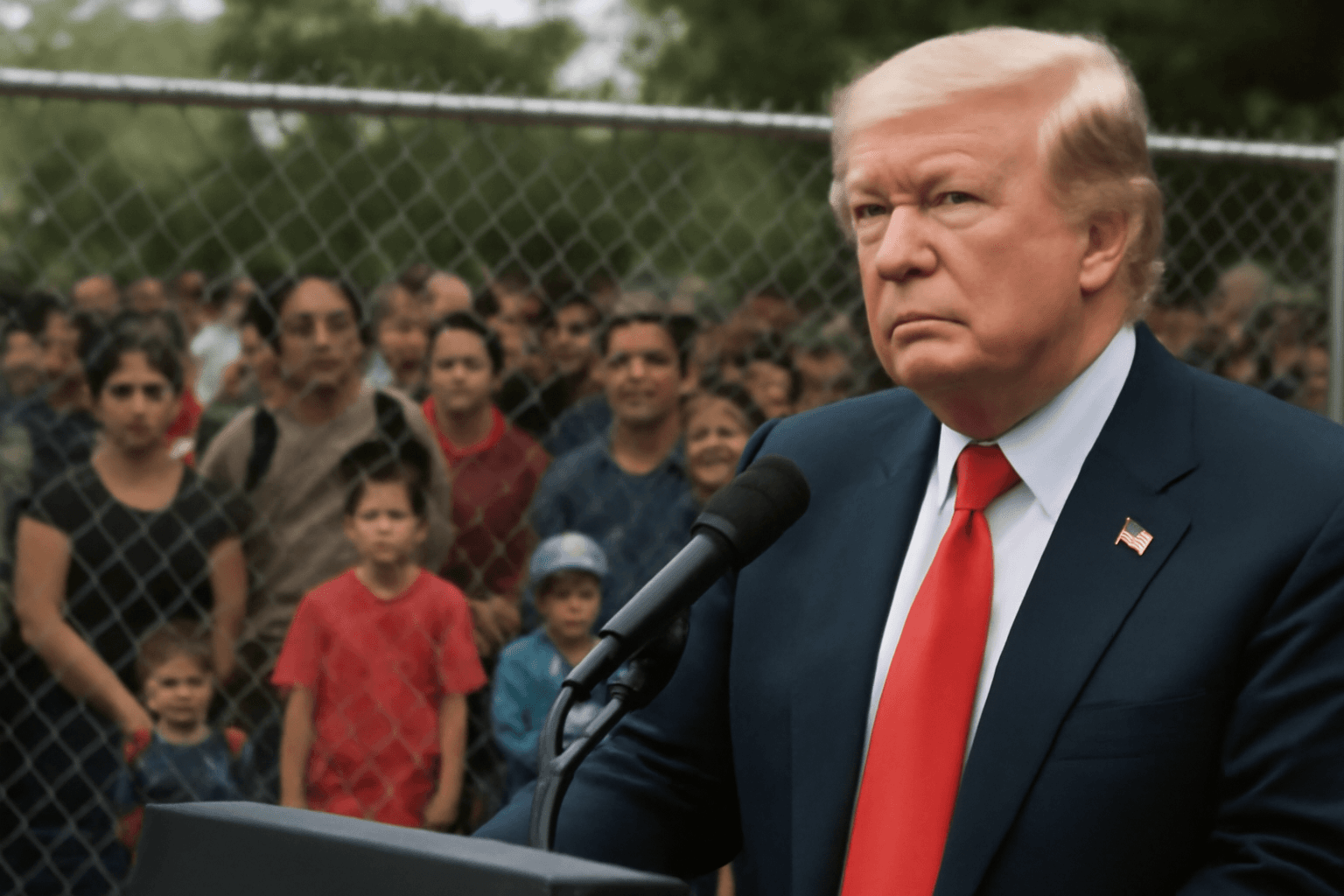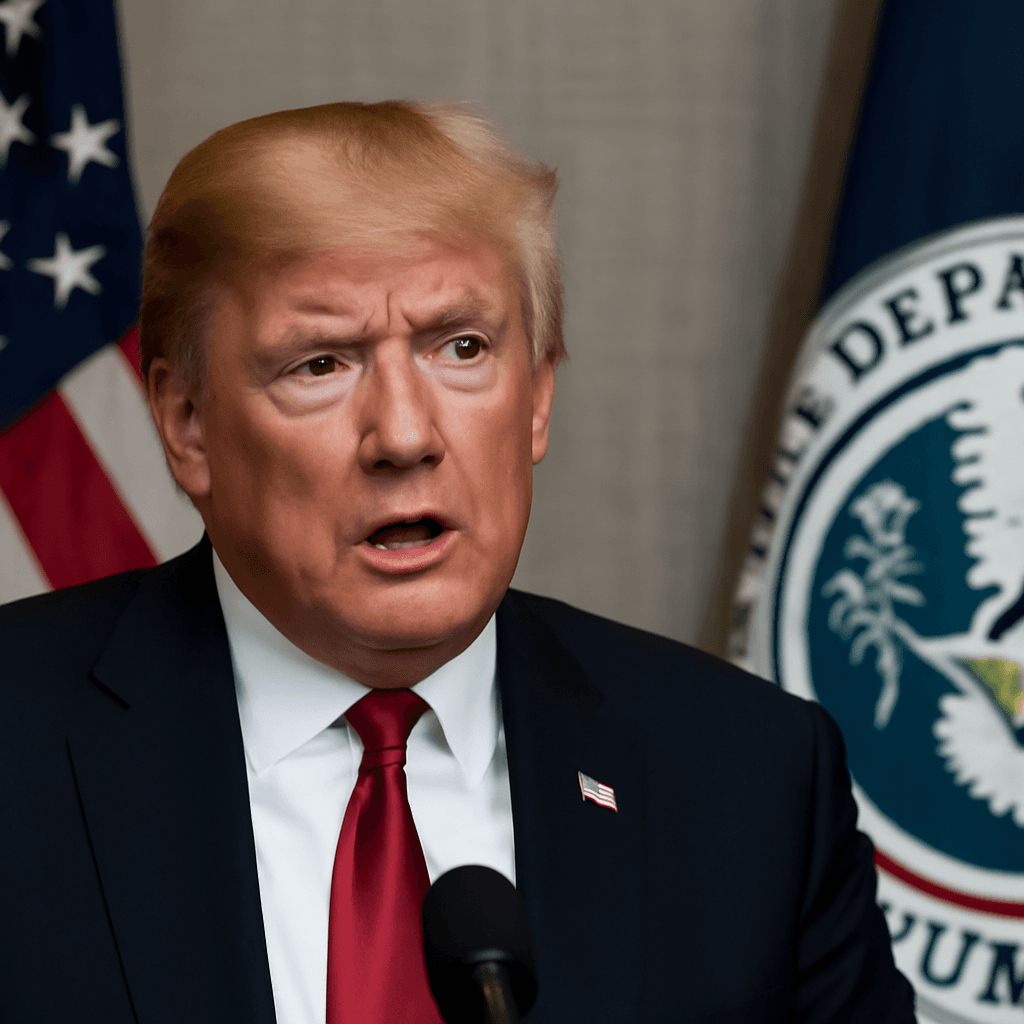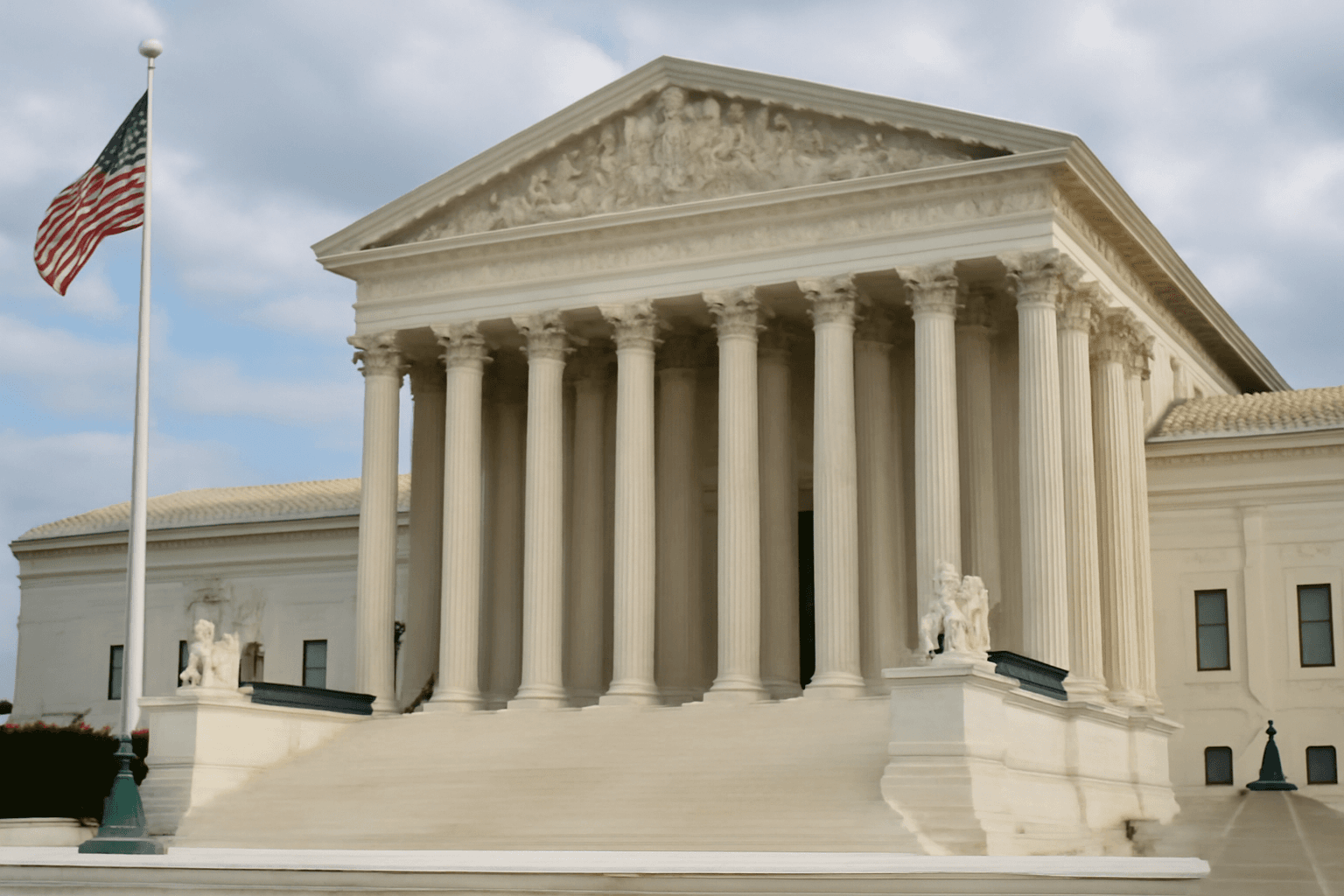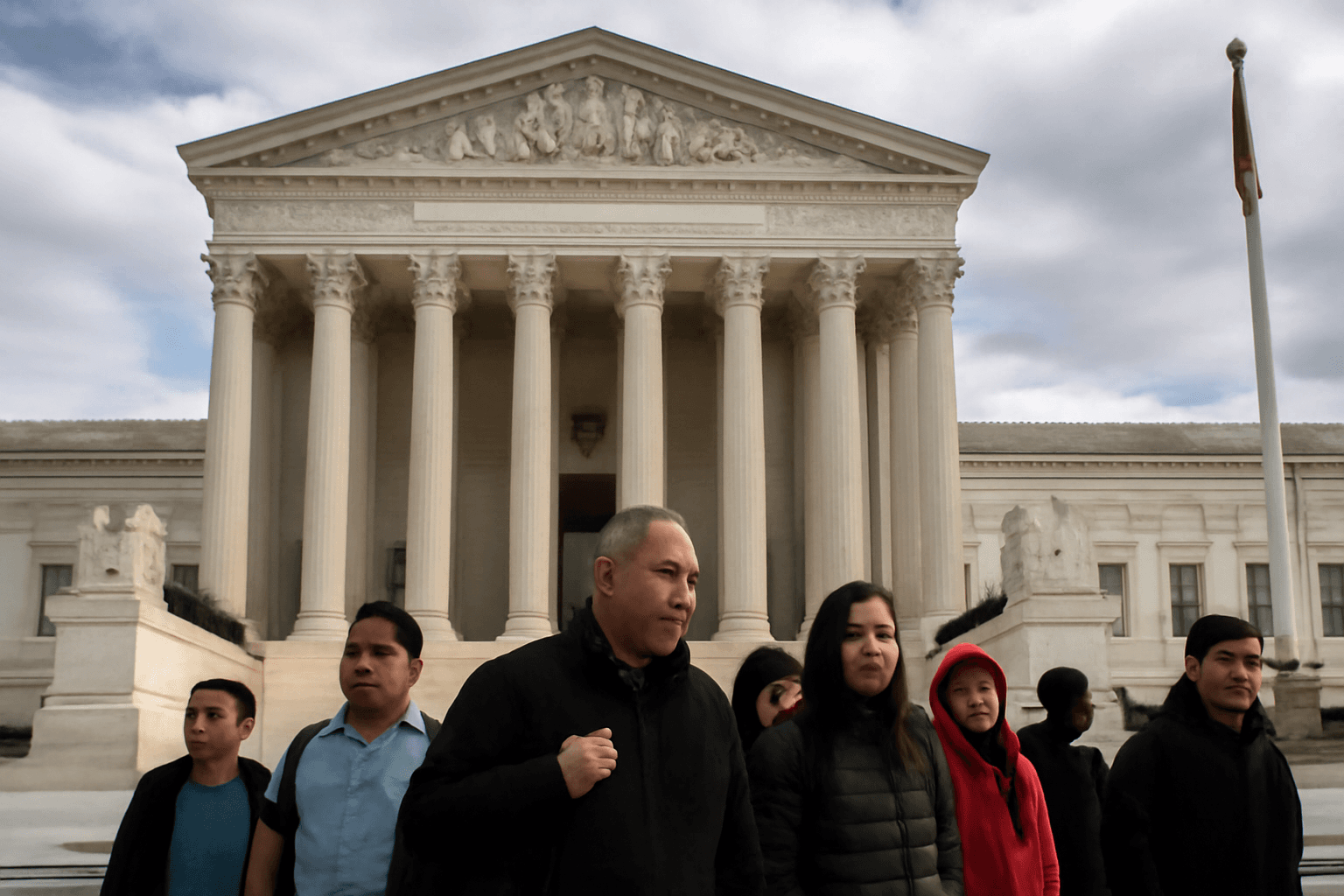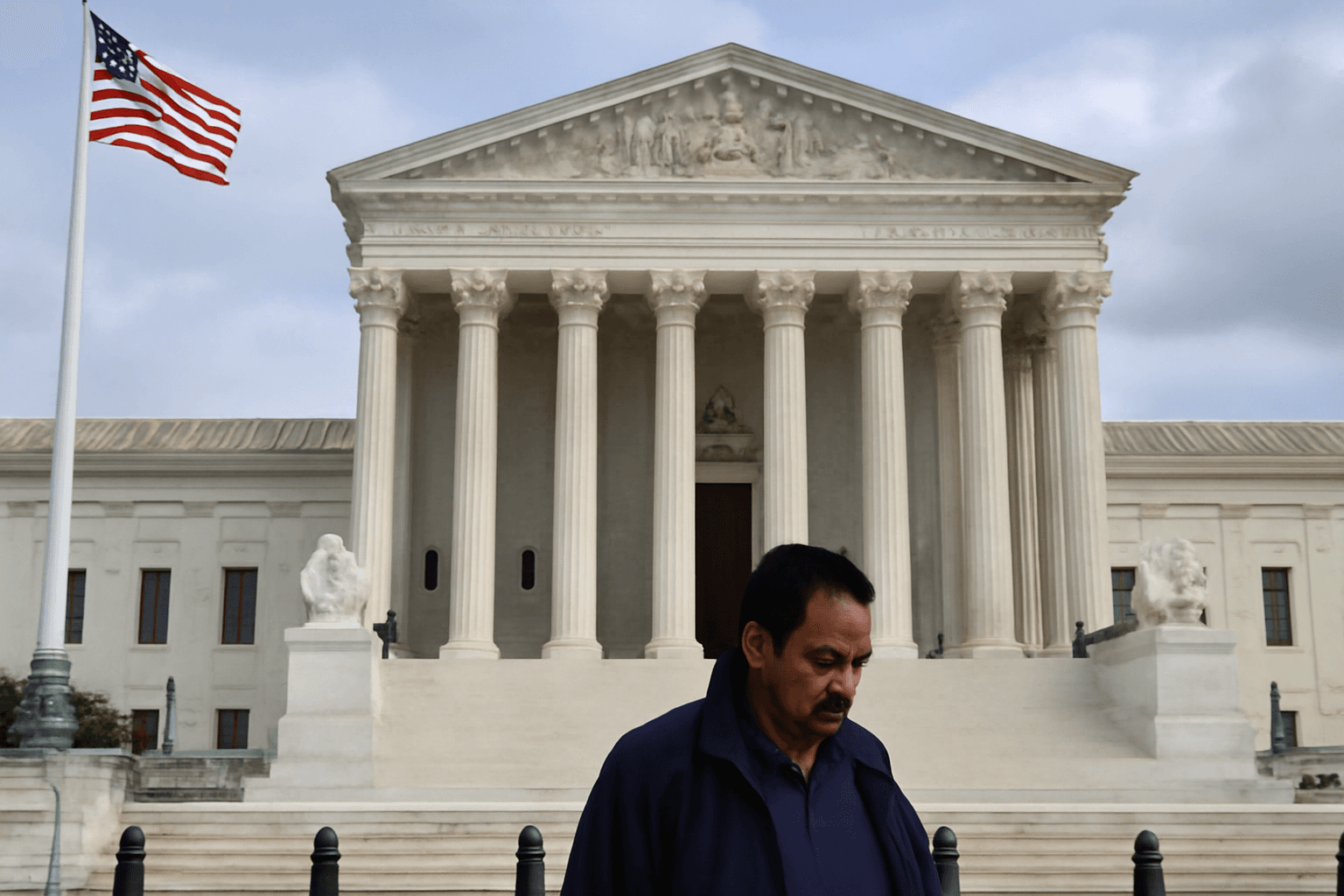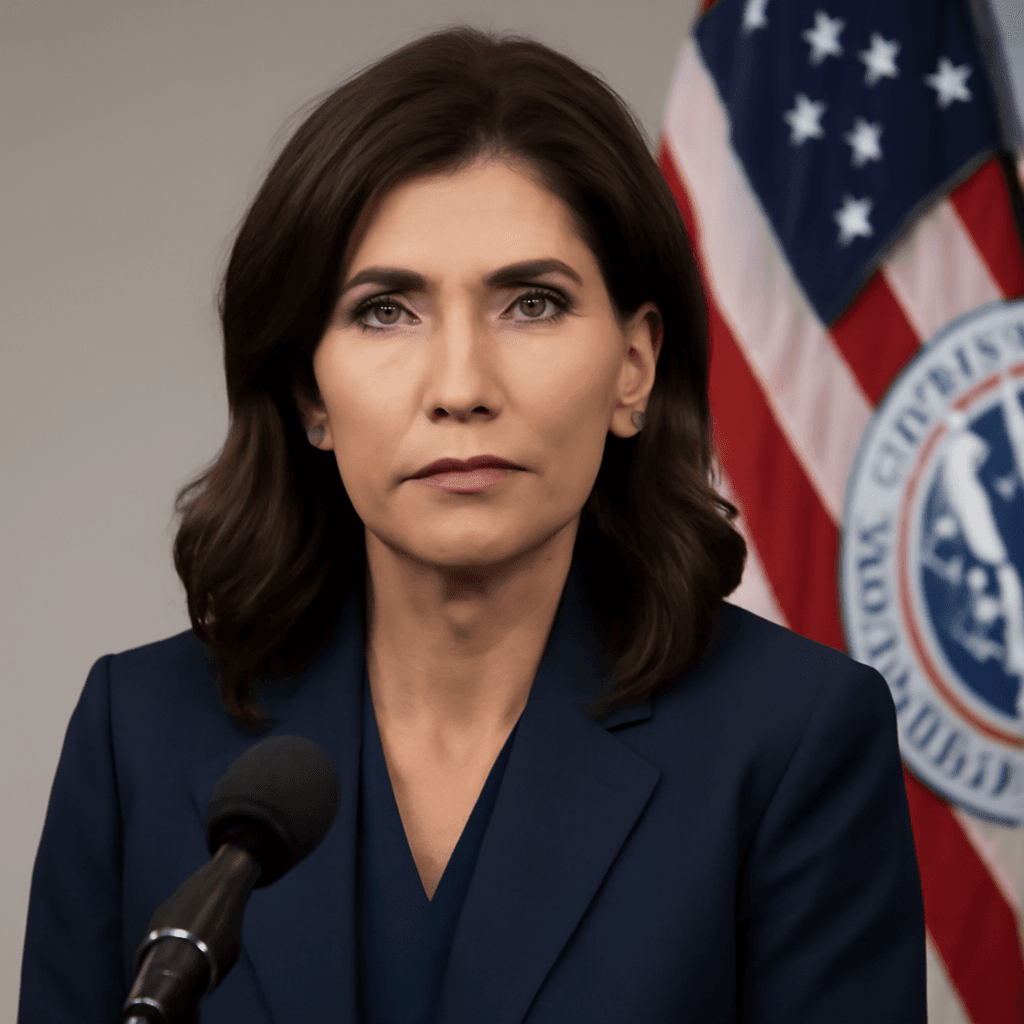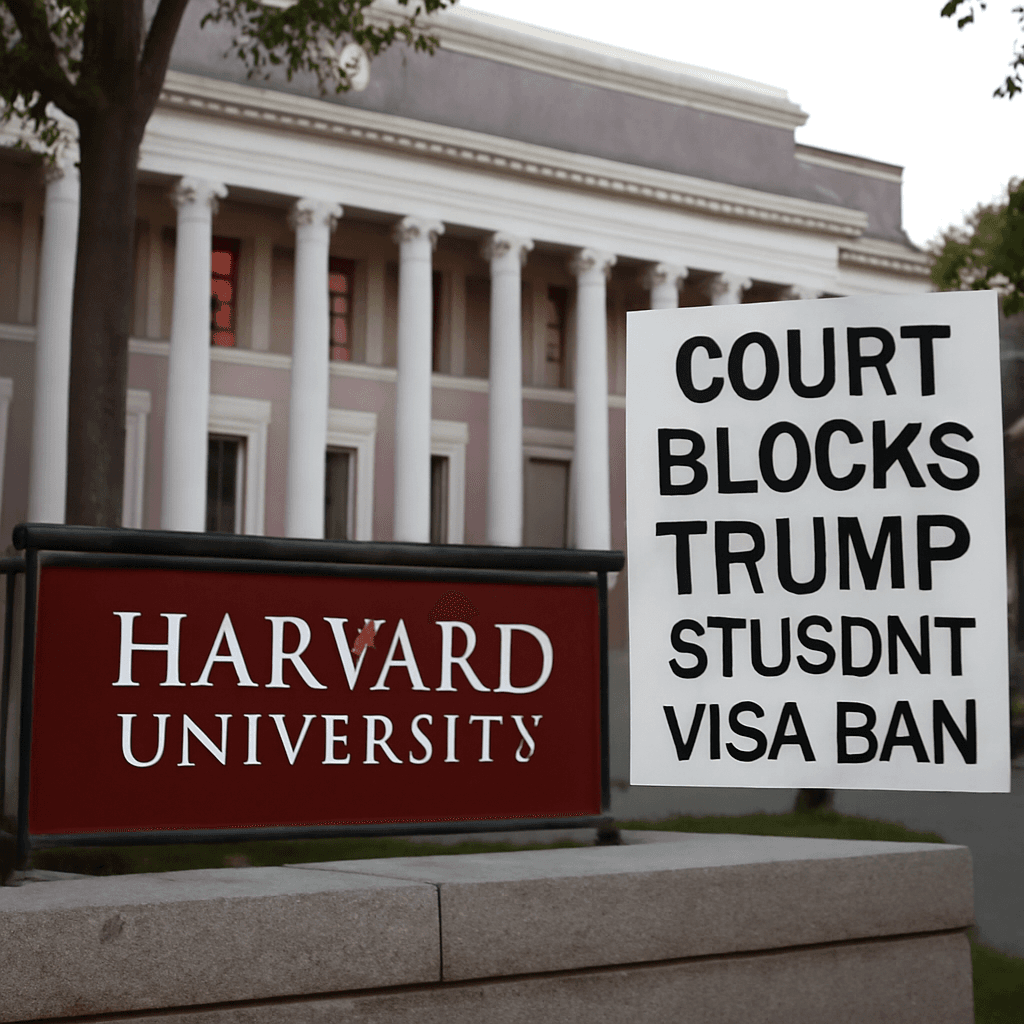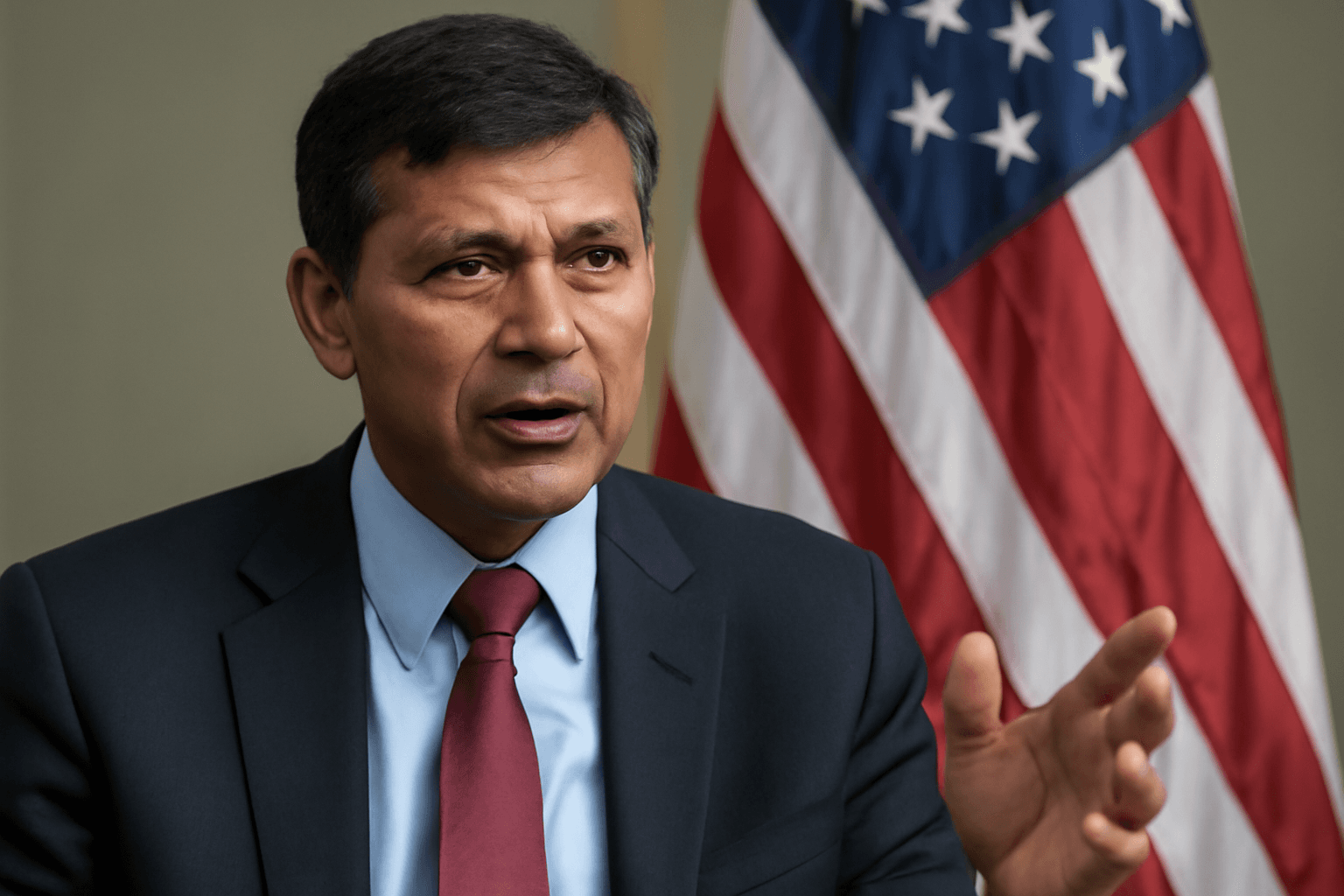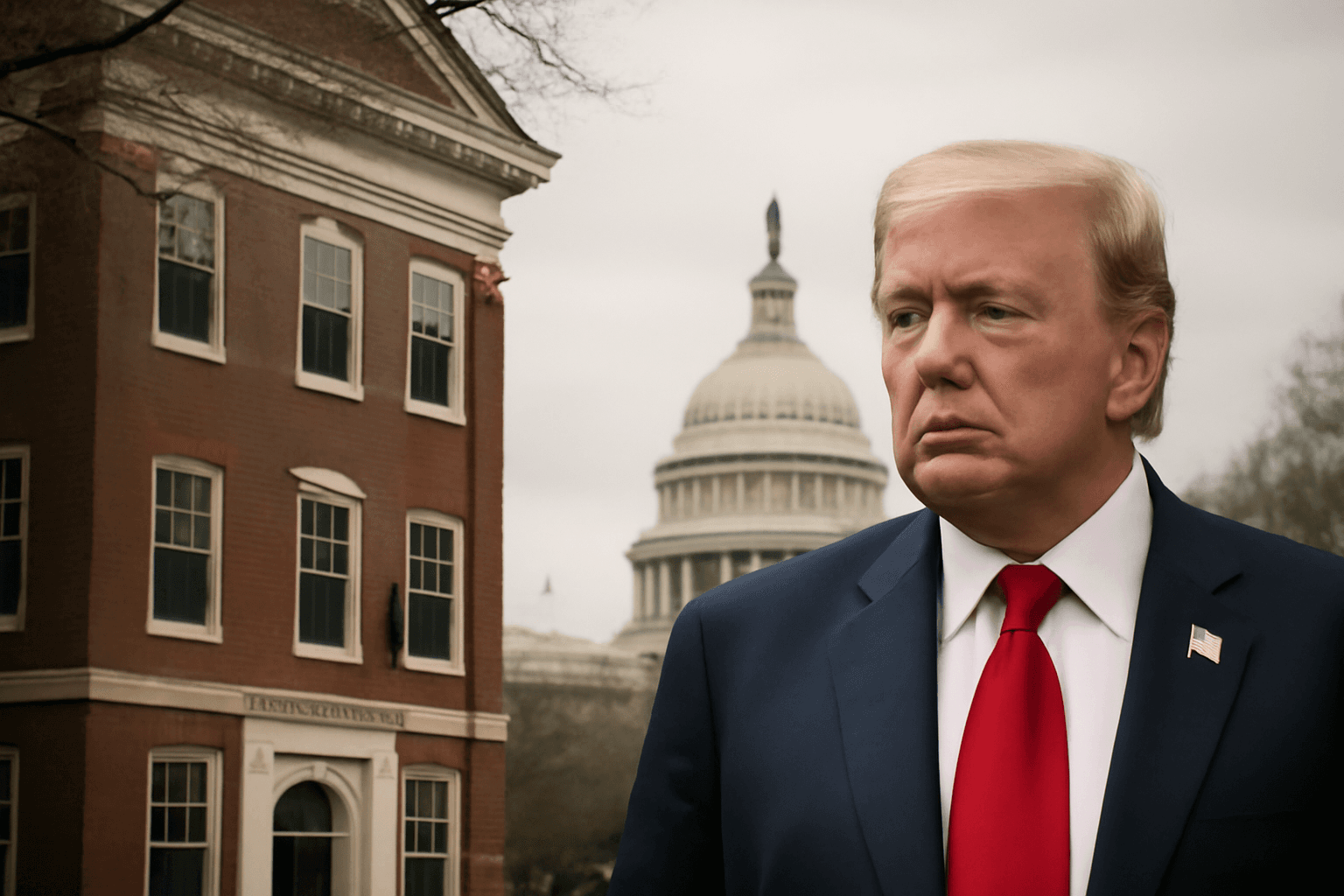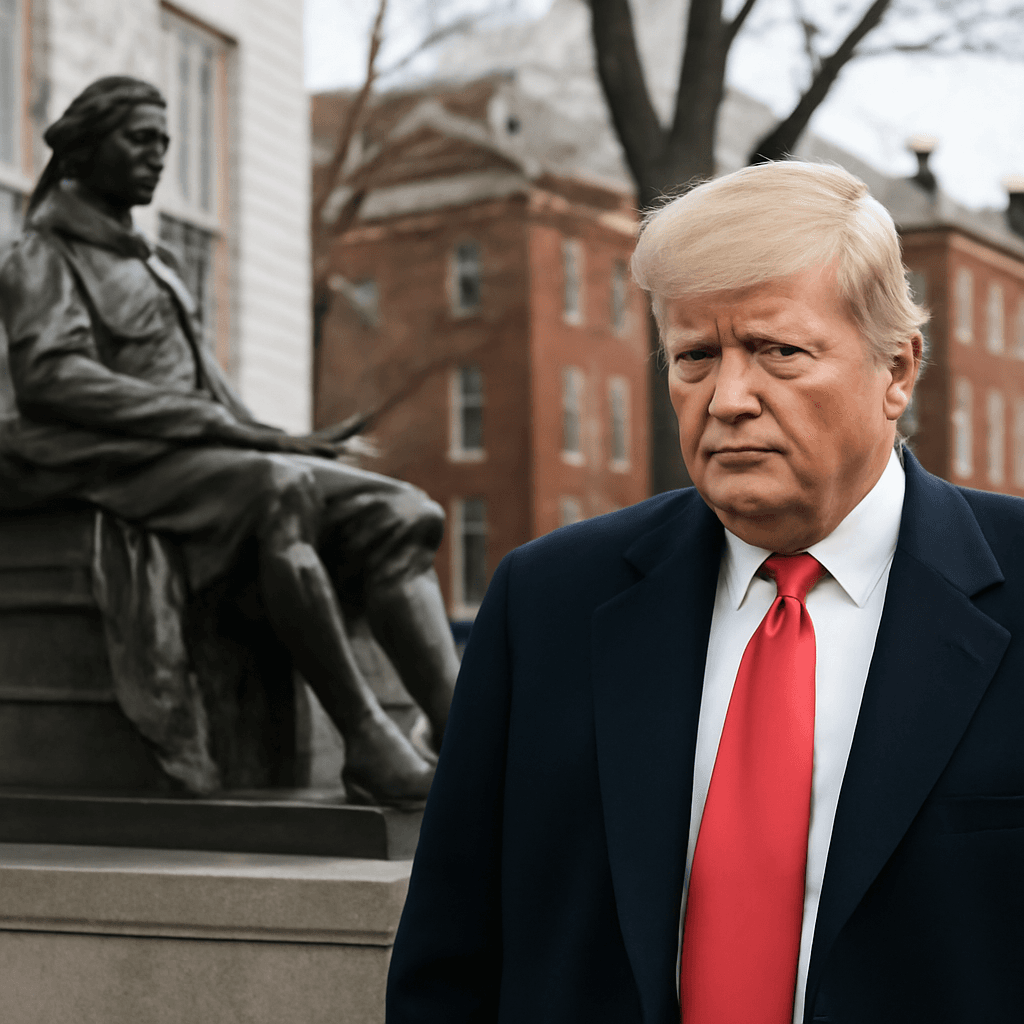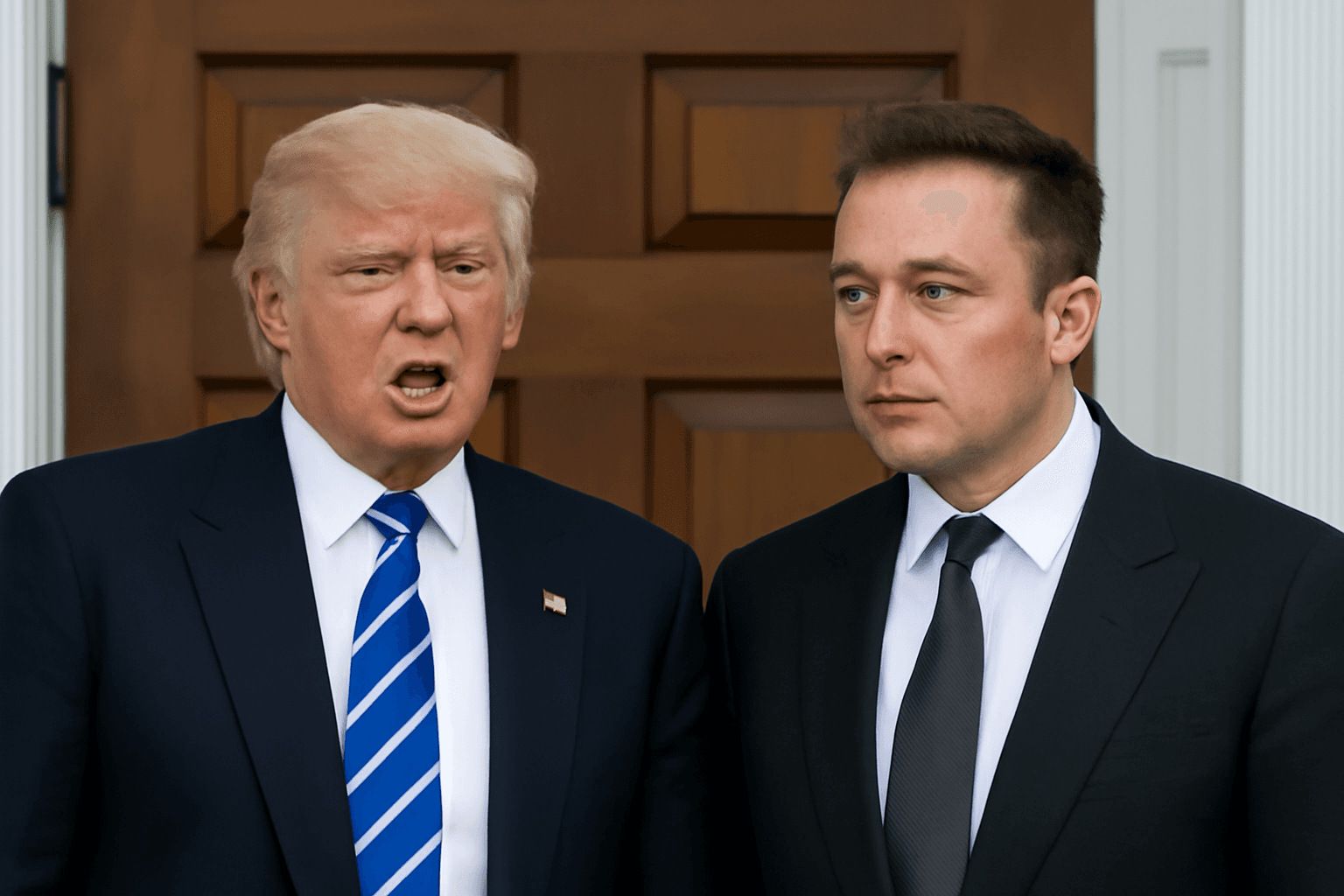A federal judge has ruled that the Trump administration unlawfully terminated a humanitarian parole program that allowed hundreds of thousands of individuals to temporarily reside in the United States. This decision marks another legal challenge to former President Donald Trump’s immigration policies but may have a limited immediate effect.
U.S. District Judge Indira Talwani of Boston, appointed by President Obama, ruled that two Department of Homeland Security (DHS) orders suspending renewals of humanitarian parole lacked sufficient legal justification and were unlikely to withstand judicial scrutiny. As a result, the administrative pause of these renewals—which has lasted over three months—constitutes an indefinite suspension without reasoned explanation.
The humanitarian parole policies impacted various groups, including Afghans, Ukrainians, Cubans, Haitians, Nicaraguans, Venezuelans, and children from Central American countries seeking to reunite with family members in the U.S. These programs historically allowed approximately 875,000 migrants, sponsored by legal U.S. residents, to enter and stay temporarily due to war or political upheaval in their home countries.
The legal challenge was initiated by a coalition of American citizens and immigrants, some of whom legally entered the U.S. under these parole provisions before the Trump administration halted renewals, citing concerns over perceived misuse. Plaintiffs include individuals such as a Ukrainian couple Maksym and Maria Doe; Alejandro Doe, who fled Nicaragua following threats to his family; and Omar Doe, an Afghan who served alongside the U.S. military for over 18 years. All have sought to maintain legal status amid the program's suspension.
The ruling highlights ongoing judicial pushback against the former administration’s efforts to restrict legal immigration pathways and enforce mass deportations. While DHS has yet to issue a statement regarding the ruling, the case underscores the precarious status of humanitarian parole recipients and the complexities surrounding U.S. immigration enforcement policies.

